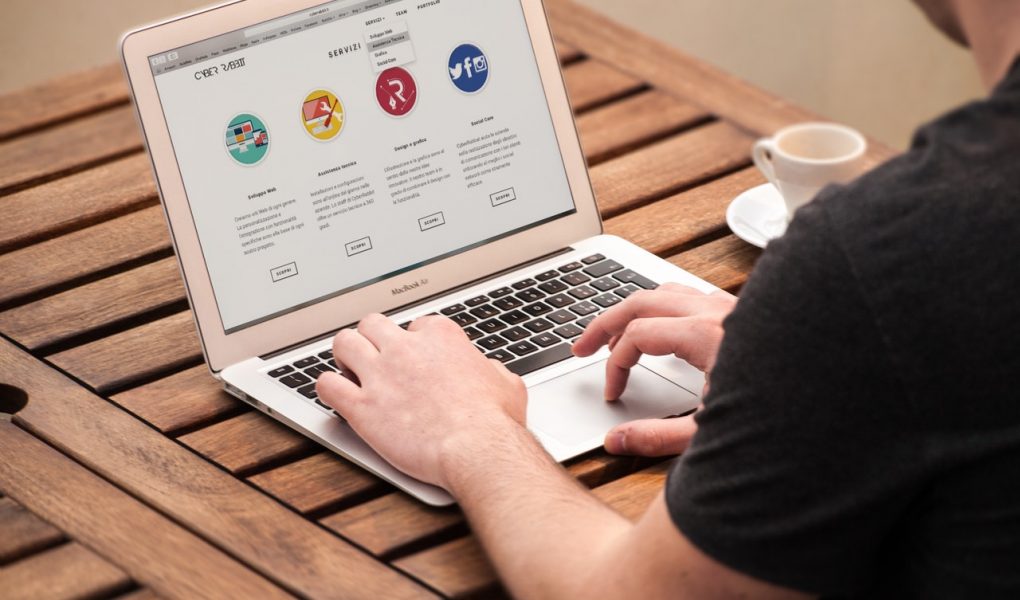The internet has transformed the world around us and the lives that we live. We have never been more connected to other people—yet, in some ways, the internet can feel isolating. It’s a complicated and brave new world that we live in, and it can be truly dangerous to those who fail to understand the ways in which connectivity can be a risk.
To make the most of a connected world, we need to be cognizant of the ways in which criminals use the internet. We need to protect our data, ourselves, and our mental health. We need to be mindful of scams, hackers, bullies, and spies. Here’s how to protect yourself.
Best Practices for Browsing and Using Social Media
Online threats may seem high-tech, but that’s not always the case. Often, the dangers that plague the internet are the same ones that we’ve always had with us. From prying eyes to con artists, these seemingly “high tech” threats are actually as old as human nature—and that’s why the best practices we need in order to avoid them are easily achieved even by those of us who are bewildered by technology.
Avoiding online scams and con artists often take more than common sense. Familiarize yourself with the warning signs of scams, including requests for private information like social security numbers and bank routing numbers. Know what information not to share online. If you feel that you must post your thoughts and photos to social media, then you should learn how to change privacy settings on your favorite social media platforms. Lockdown your private information!
Safeguarding Devices
When you connect to the internet, you do so through devices like your smartphone, tablet, or laptop. It’s important to keep your devices in good repair, explain the experts at uBreakiFix. A functional and up-to-date iPhone, tablet, or laptop is a safer choice than a neglected one. This doesn’t mean that you have to have the latest and greatest model of smartphone, of course—you’ll save money if you get your old one fixed instead of buying a new one every time you crack a screen. But it does mean that you should update to the latest version of key software programs and that you should use antivirus software to clear your devices of malware, spyware, and viruses.
You may also want to consider using a VPN, which can help anonymize your web browsing and protect you from everything from targeted ads to cybercriminals.
Caring for Your Mental Health
It’s impossible to understate the degree to which the internet has changed our personal lives. Interactions with other people that were once done in person are now often performed online. At the same time, entirely new sorts of interactions are now possible. With the click of a mouse or the tap of a screen, we can see other people’s lives—or, at least, the version of those lives that they want to share. Social media also gives us the chance to share things about ourselves, and we often end up feeling invested in how other people react.
This isn’t good for us, experts say. Excessive use of social media can bring down our self-esteem. It can bring on or worsen depression and anxiety. That’s why we need to be careful about how we use social media and how we care for our minds.
Seek support for your mental health. Work with mental health professionals like psychologists and psychiatrists. Adopt healthy habits that help your mind, like eating well, exercising, and taking the right supplements. CBD, a derivative of cannabis, is believed to help alleviate symptoms of anxiety. Using the internet to buy CBD edibles might be a wiser choice than using it to log onto Facebook or Instagram today. Taking CBD while working with mental health care professionals and maintaining a healthy diet could help you combat the harmful effects that social media can have on your mental health.



